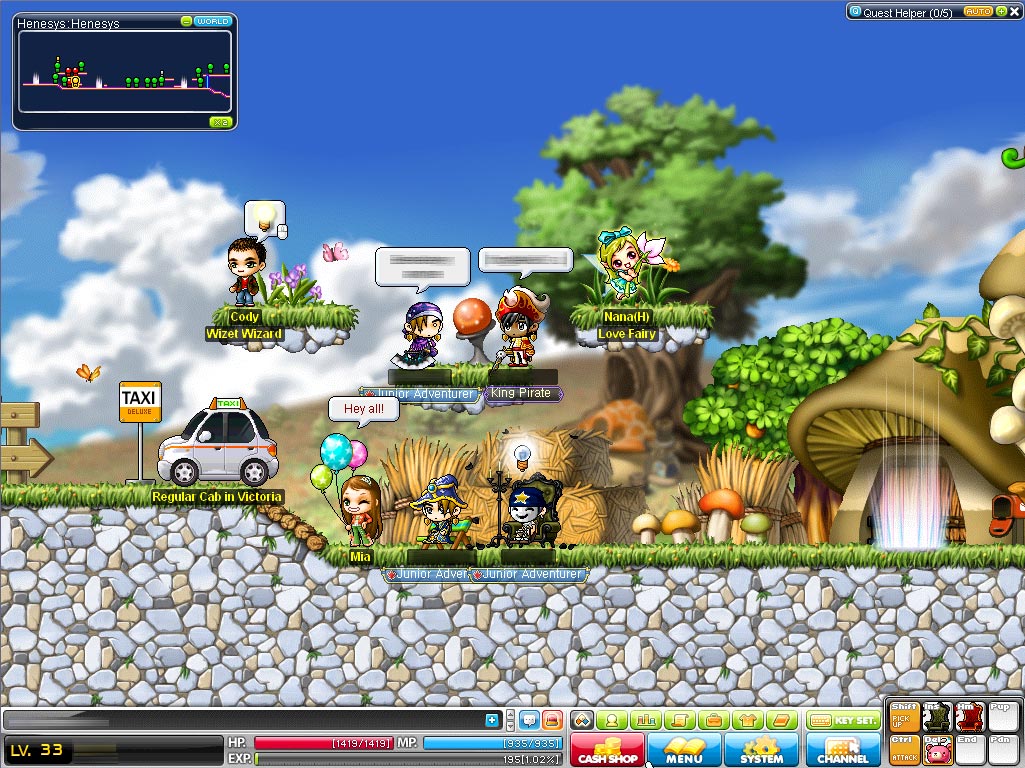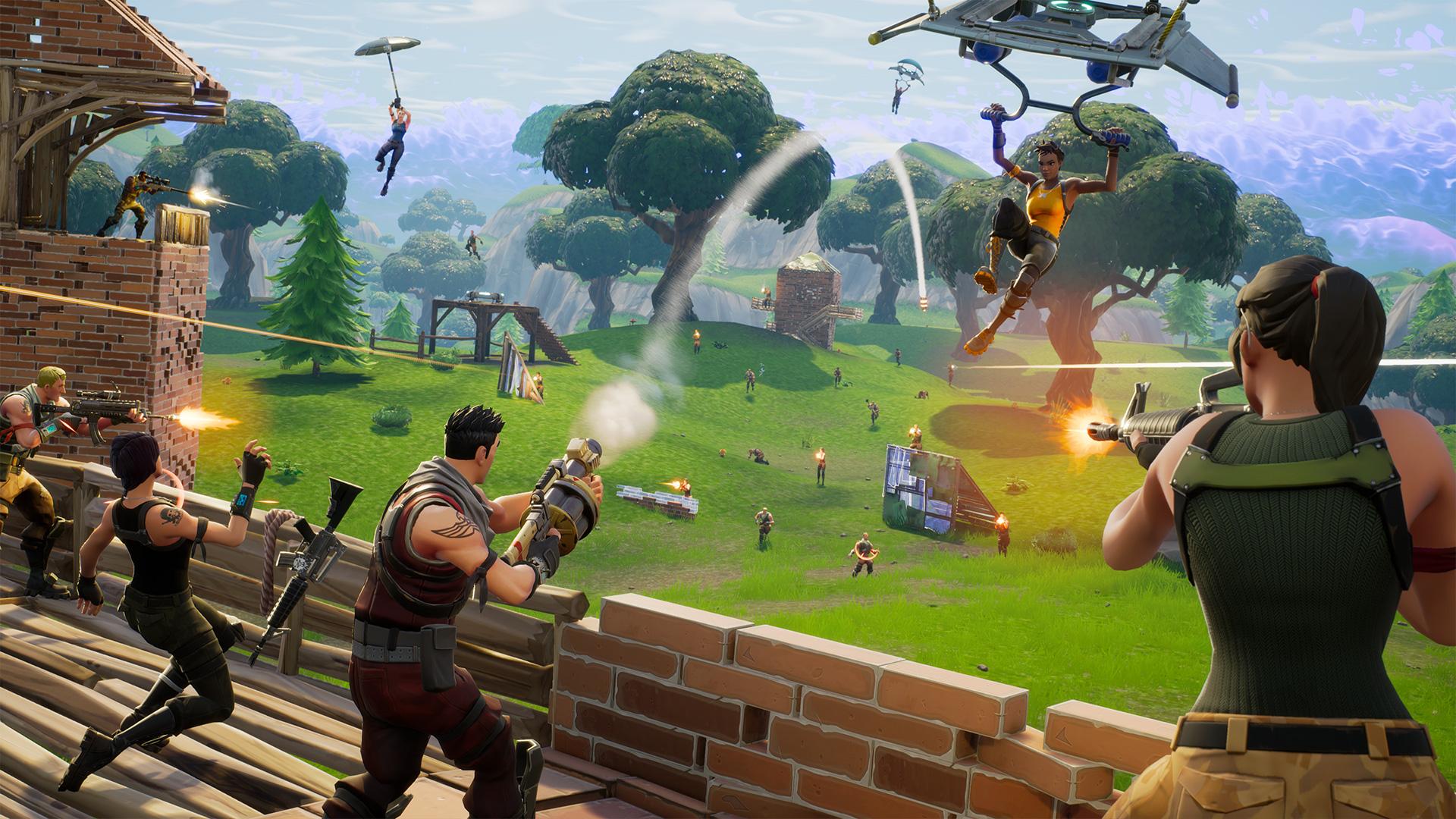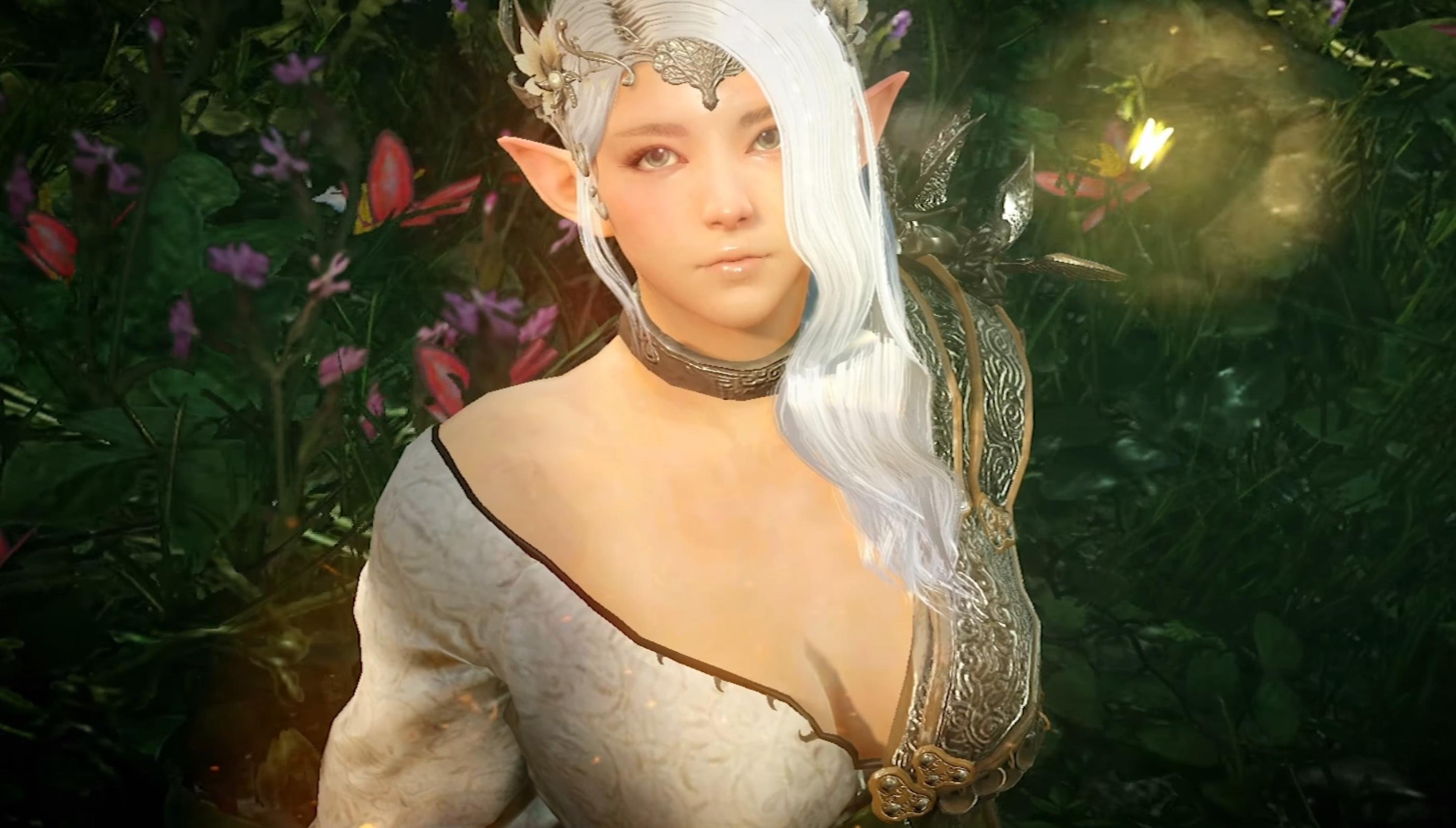Are MMORPGs dying? We have seen the leaders of them dwindle in population as many new titles creep up, causing an oversaturation of the market throughout the years. Originally these were innovative creations compared to the usual options of games available.
It was expected for you to have to pay to play the game in its entirety, sometimes to even try them in the first place. As time moved on more names began popping up that tried to mock the originals and failed. You see it still to this day, except, the life expectancy has also decreased now. Chances are if you’ve been playing MMOs you know of World of Warcraft, Everquest, Runescape, Maplestory and Ultima Online. These are not the only major titles, but these have been around for many years and are still copied to this day.

In the beginning it felt as though each new title coming out offered a unique experience, a new world to explore, a change of mechanics, for better or worse, new races and lore, different time periods and fantasies. As time went on fans began to realize that the more a game tried to sell itself with unique mechanics, the further it fell down the rabbit hole of overlooking some of the bare minimums that were required. The worlds that originally came around were abundant in exploration and mechanics were new to discover per each encounter. The feeling that a new player joining had was that every choice made had a real impact on the game for themselves.
With the clones that started popping up offering “new experiences” at the cost of base mechanics more bugs were being found, these new names offered the option to join for free, however, gave huge advantages to those who would pay for a subscription or offered the ability a lot of times to straight up pay for advantages, a.k.a. pay-to-win.
The market experienced a snowball effect. There were the big names and a few clones with some monetary traps and now when you discover a list of MMOs you can find hundreds of names. The population began running into more and more money traps with these games that were more subliminal. Increase your inventory here, get a free respawn there, protect your equipment during enhancements with this, have a stronger potion if you need it. At first glance these purchases didn’t feel too bad for a full game, but every game began offering these services. The prices rose as the quality decreased. You realize that it’s necessary to protect your gear while enhancing by using real money, the larger potions are necessary for PVP elements in games, instant respawn is mandatory due to one shot mechanics a boss may have, or due to lag, and with just one mistake you would find yourself needing to restart over and over again. We began to notice that they offer more and more junk that is necessary to hold onto, and that will fill up your inventory causing you the need to invest in expanding your inventory just to not have to clean it out every few minutes.

The community has grown tired. Tired of the promises and failures of new games. Tired of seeing the same monsters with the same mechanics, storylines offering similar experiences and feeling generic. It takes a lot to be innovative and to offer something another MMORPG with a stronger playerbase isn’t already offering. As nice as it may feel to be some of the first in discovering a new MMO, how long do you have to wait for the population to feel like an actual MMO? If it ever even will?
The truth is, I have found a few diamonds in the rough when it comes to MMORPGs, but in the end, I travelled around and realized that major cities only had a handful of players and that the community was so small that everyone knew everyone. This could be preferential to some, but for me, I want an experience with a persistent, breathing, living world. I don’t want to see the same few names repeatedly and I feel others have the same opinion which is why newer games struggle to find a footing in the market that already has so many other options.
The decline of MMORPGs has been coming for a long time, between spreading the fans of them against one another, to the transactions required to play and the sheer volume of false promises that we have endured. However, it wasn’t just MMORPGs that have been killing themselves but also the other genres growing in the market. You have the explosive growth in MOBAs (Multiplayer Online Battle Arena) over the years, followed by collectible card games and, as of late, Battle Royale. These competitors stole a lot of players tired of the daily grinding for an underwhelming endgame, causing the already diminishing MMORPG playerbase to be that much more apparent.

MOBAs simplified the idea of RTS (Real Time Strategy) games pitting teams against one another allowing for both solo and group play. Each game that you jump into plays itself out as if it’s a new game. This style allowed those that do not have the time to grind in traditional MMORPGs to have access to an equal and fair playing ground. One of the main issues that groups ran into with MMOs was coordinating schedules between work and life; this allowed for a group to be made of whoever was around, and still remain fun for you if you are running solo. You have titles like League of Legends, DOTA 2, and SMITE that offer both a competitive and exciting environment while ridding the idea that investment needed to be made to stay relevant or to kick it back with some friends.
CCGs (collectible card games) also started pulling from the populations of online gaming. Physical CCGs have been around for an extremely long time; however, this was an expensive hobby to get involved with. The bar to be relevant in the world of card games was high and required a lot of luck and finding likeminded people to meet up and play in person. Hearthstone was the more mainstream title that popped up, bringing so much attention and creating a following of more digital CCGs to come out of obscurity and into the market.
Companies realized that these games required less time to develop and balancing was easier than other larger scale games. The return of investment for these was huge, they offer a decent free experience to draw people in and offer a way to speed up the acquisition of cards through an in-game shop as if you were purchasing card packs in the old school way. These games are way more accessible when compared to MMORPGs, requiring lower computer specs and sometimes even offering mobile options.

And now we also have the Battle Royale craze? Yeah – of course! It was only a matter of time before a genre like this crept out of what seems like nowhere. The truth is, it’s a win-win. A business can pump out a playable Battle Royale game far faster than a playable MMORPG. This genre is easy to pick up and understand. Drop into a map, grab gear, kill everyone you see until you’re the last one standing. It’s action packed, it’s addicting, each game is quick and can be left at any point if something comes up that needs your attention without that feeling as if you’re going to lose out on a bunch. These games offer cosmetic purchases which is the least pay-to-win this side of free-to-play games, while also becoming addicting to collect, which just ensures a constant revenue, if done right, for the company.
Unfortunately, it’s not as simple, due to the new genres pulling from the huge and yet limited pool of online gamers. Mobile games also have been on the rise for years, and that is another important factor. Whether it’s the accessibility of on-the-go gaming or the fact that they feed into the gambling side that a lot of gamers have, admittedly or not, these titles are easy to push out and bring in loads of money. Some of the genres here have the option for mobile alternatives but the truth is, most of these mobile games look and play like they’re a decade old, and yet can bring in more revenue than your standard MMORPG that is created from a smaller company, sometimes even surpassing AAA MMORPGs. A few games raise the bar for the platform, such as Black Desert Mobile, but these are notable exceptions and still far from the depth of a true PC MMORPG. This is definitely not the place for the genre to evolve.

We aren’t seeing as much focus on the creation of a triple-A MMORPG because it has a ceiling that it’ll hit when it comes to player base, and in turn a limit to its profits. With the amount of time and effort needed to be put into a full-fledged PC MMORPG, developers and publishers just aren’t seeing the point anymore.
So, what do you think has been causing the decline in MMORPGs? Is it a lack of accessibility? Lack of motivation from developers due to diminishing returns? Not enough player interest in the genre anymore? The extreme competition from mobile platforms? Or is it something completely different? Let us know what you think!
Written by Michael Hack
If you click on a link and sign up for a game we may receive a small commission. Read our affiliate policy.



















 Facebook
Facebook Twitter
Twitter RSS
RSS